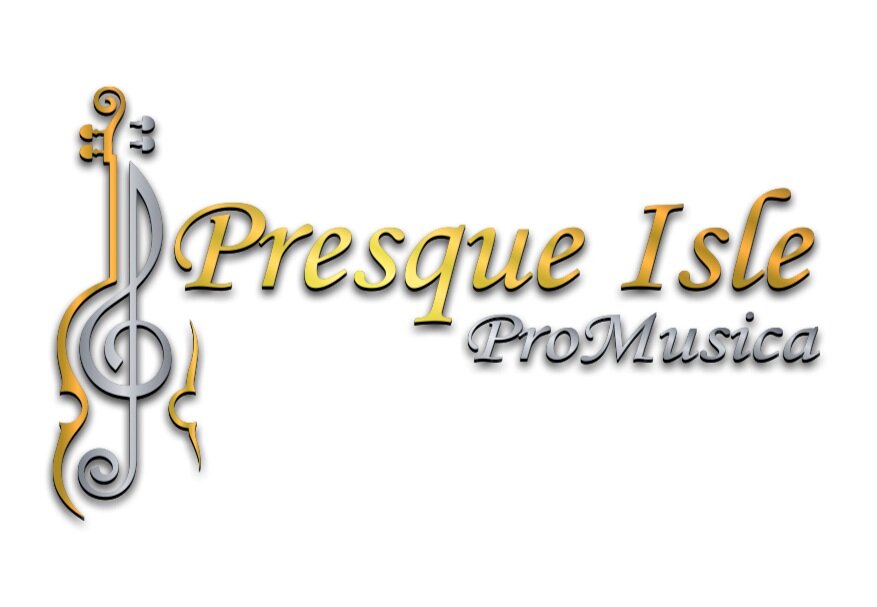The New Grove Dictionary of Music and Musicians calls Joaquin Turina ‘a kind man who loved simplicity and beauty’, and did his composing on a regular schedule, a little every day. Sounds like ‘Papa’ Haydn – also like someone whose first experience with music, as a small boy, was in his devotion to a little toy accordion.
He grew up in the steamy south of Spain, in the city of Seville in Andalusia, which even in 1882 still bore the marks of its long occupation by the Moors. Its music still has the tang of the Arabic about it, and Turina absorbed it all. He studied with local teachers and at the Cathedral in Seville, and wrote a religious work Las coplas de las Pasion, as a teenager. (‘Coplas’ are a characteristically Spanish verse form, simple in structure, used for verse of every kind; in this case, poems about the Passion – suffering – of Christ.) After Turina’s debut as a pianist at the tender age of 15, he went off to the Conservatorio in Madrid, with his first opera under his arm.
There he became a great friend of the much-better-known Manuel de Falla, who was unapologetic about his use of a thoroughly Spanish idiom in his music (you’ll be hearing his ‘Ritual Fire Dance’ from his most famous opera, The Three-Cornered Hat, also in this concert). Turina composed a not-too-successful folk opera (zarzuela) himself. But in his work in general he tried, more than other Spanish composers of the time, to make music in a more ‘European’ style, often using a Spanish musical ‘language’ but in classical forms – string quartets, a symphony, etc.
After he moved to Paris in 1905 he continued to study piano (with Moritz Moszkowski) and composition (with Vincent d'Indy) at theSchola Cantorum, where he also came much under the influence of Debussy. Naturally, piano works form the largest category of his output, but there are some theatrical works, a Sevillian Symphony, and many chamber works, often for guitar or on Spanish themes.
In 1914 he and deFalla returned to Madrid, where he remained for the rest of his life, until 1949, through all the upheavals of Spanish politics, eventually becoming professor of composition at the conservatory and commissioner of music education for the government. Though he had been persecuted and isolated for some periods prior to that, he finally received from a grateful nation the Grand Cross of Alfonso the Wise (the remarkable monarch, a poet and composer himself, whose medieval court was a hotbed of cultural activity).
In spite of his many vicissitudes, this ‘kind man who loved… beauty’ produced many beautiful works. The one you’ll hear in this concert is ‘La oracion del torero’, ‘The Bullfighter’s Prayer’, which was originally composed in 1935 as a lute quartet and later arranged for string orchestra. Bullfighting is a cruel and horrible ‘sport’, rightly rejected by much of civilized society; but the emotions of a man preparing to go out and face danger, pain, and a cunning foe stronger than he is, are not strange to any feeling person, and Turina’s poignant setting will touch the heart of all listeners.
You can imagine the toreador in the tiny, smoky chapel adjacent to the bull-ring, praying: ‘Protect me, my God, from the terrors of what I must face. Deliver me from fear and do not allow me to turn coward before the danger. May I give you glory by my courage, and return safely from the ordeal.’ Not many of us will ever face the ordeal of a bullfight, but all of us know fear, and the fear of fear. The ‘bullfighter’s prayer’ speaks, from its own context, to us in ours, in the universal language of music, and invites us to face our own fears and dedicate ourselves to living lives in which others too might see courage, hope and the wish to make those we cherish proud of us.


